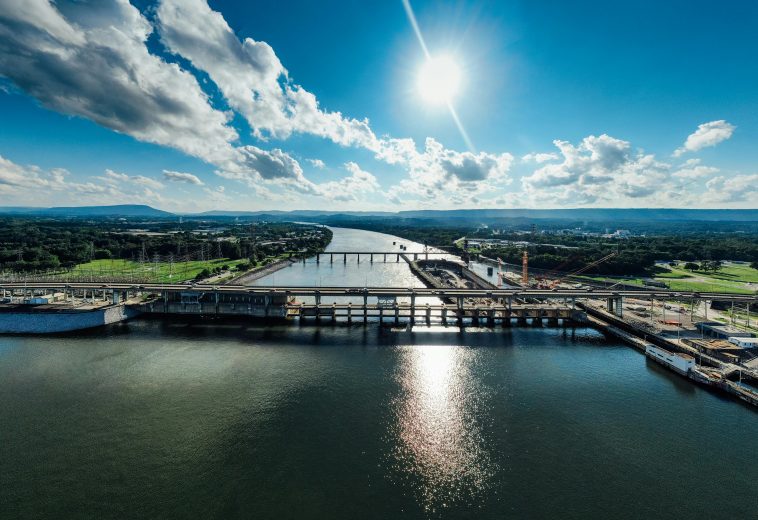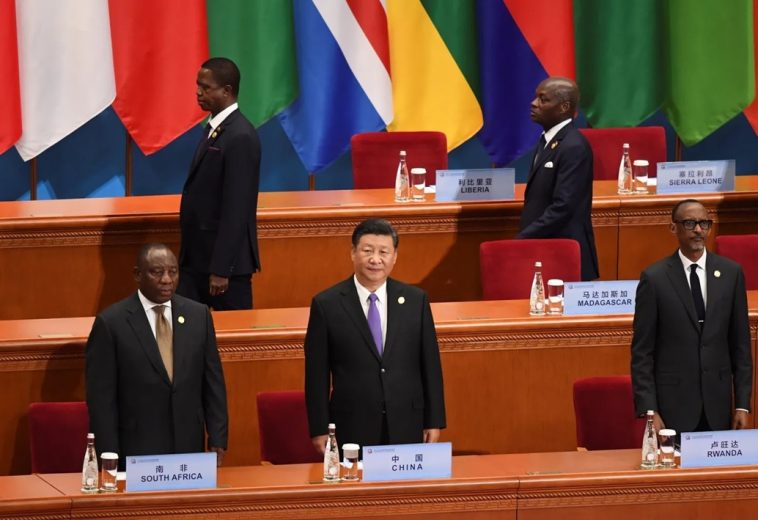Urbanisation in Africa is accelerating at an unprecedented pace. By 2050, the continent’s urban population is projected to reach 1.5 billion, doubling the current figures and accounting for nearly 60% of Africa’s total populace. This rapid urban growth presents both challenges and opportunities, necessitating strategic planning in smart city development, affordable housing, and urban migration management. Cities like Lagos, Kigali, Nairobi, and Johannesburg are at the forefront of this transformation, each implementing initiatives that align with the African Union’s infrastructure frameworks to create sustainable urban environments.
According to a United Nations report, two out of every three people globally are likely to be living in cities or other urban centres by 2050. This projection highlights the urgent need for sustainable urban planning and robust public services. The UN Department of Economic and Social Affairs (DESA) projects that, due to demographic shifts and overall population growth, around 2.5 billion people could be added to urban areas by mid-century.
READ ALSO: African Cities Tackling Infrastructure Deficits: A Path to Sustainable Growth
A significant portion of this growth is expected to be concentrated in just a few countries. India, China and Nigeria alone are projected to account for 35% of the global urban population increase between 2018 and 2050. Specifically, India is anticipated to add 416 million urban dwellers, China 255 million, and Nigeria 189 million—figures that highlight the scale of urban transformation ahead.
Globally, urban areas are expanding rapidly. The United Nations reports that approximately 55% of the world’s population resided in urban areas in 2020, with projections indicating an increase to 68% by 2050. This urban shift has led to a significant rise in smart city initiatives aimed at enhancing the quality of urban life through technology and sustainable practices. The global smart city market experienced a remarkable 22% revenue growth in 2023, underscoring the increasing investment in urban technological solutions.
In parallel, affordable housing has become a pressing global issue. An estimated 1.6 billion people lack adequate housing, a number that could rise to 3 billion by 2030. This shortage is exacerbated by housing prices outpacing income growth in many regions. Urban migration further complicates the scenario, with international migrants totalling 304 million in 2024, representing 3.7% of the global population.
African Union’s Infrastructure Frameworks
The African Union (AU) has established comprehensive frameworks to address the continent’s infrastructure challenges. The Programme for Infrastructure Development in Africa (PIDA) provides a strategic framework for the development of regional and continental infrastructure in transport, energy, ICT, and transboundary water resources. Additionally, Agenda 2063 outlines Africa’s vision for inclusive and sustainable development, emphasising the importance of infrastructure in achieving economic growth and integration.
African Cities Leading the Way
Lagos, Nigeria
Lagos, Africa’s most populous city, faces significant urban challenges, including congestion and inadequate infrastructure. In response, the Lagos State Government has initiated smart city projects focusing on improving urban mobility and public services. A key component is the development of an open geospatial data platform to enhance urban planning and service delivery. Eko Atlantic, officially known as Nigeria International Commerce City, is a significant urban development project underway in Lagos State, Nigeria. This ambitious initiative aims to create a new city on land reclaimed from the Atlantic Ocean, addressing both environmental and urbanisation challenges. The project encompasses a 10-square-kilometre area adjacent to Victoria Island, Lagos. Upon completion, Eko Atlantic is expected to accommodate at least 250,000 residents and facilitate a daily influx of 150,000 commuters. The development is designed to serve as a hub for residential, commercial, financial, and tourist activities, featuring modern infrastructure and amenities.
Kigali, Rwanda
Kigali is positioning itself as a hub for innovation through the Kigali Innovation City (KIC) project. This 61-hectare development aims to host universities, technology companies, and startups, fostering a knowledge-based economy and creating an estimated 50,000 jobs. The project aligns with Rwanda’s Vision 2050, emphasising sustainable urbanisation and economic development.
Nairobi, Kenya
Nairobi is leveraging technology to enhance urban living through initiatives like the Africa Smart Cities Investment Summit. This event convenes global experts, policymakers, and investors to explore the transformative potential of smart cities in Africa. Additionally, Nairobi is benchmarking its smart city development against projects like Konza Technopolis, aiming to integrate technological advancements into urban planning.
Johannesburg, South Africa
Johannesburg is embracing the smart city concept by encouraging community-driven innovations. The city’s Smart City Community Innovation Challenge invites residents to propose ideas that enhance urban living through technology. This participatory approach ensures that technological advancements address the specific needs of the community, promoting inclusivity and sustainability.
Affordable Housing Policies and Urban Migration Management
Addressing affordable housing is critical in managing urban migration. Cities like Johannesburg are implementing policies that encourage off-site housing production, such as modular and prefabricated units, to increase the supply of affordable housing. Moreover, integrating migrants into urban economies requires comprehensive strategies that encompass housing, employment, and social services. The International Migration Outlook 2024 emphasises the importance of policies that facilitate the labour market inclusion of immigrants, which is vital for social cohesion and economic growth.
As African cities navigate the complexities of rapid urbanisation, aligning local initiatives with continental frameworks like PIDA and Agenda 2063 is essential. By investing in smart city projects, implementing effective affordable housing policies, and managing urban migration proactively, cities like Lagos, Kigali, Nairobi, and Johannesburg can serve as models for sustainable urban development. These efforts not only address immediate urban challenges but also lay the foundation for resilient and inclusive cities in the future.




